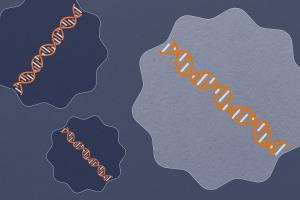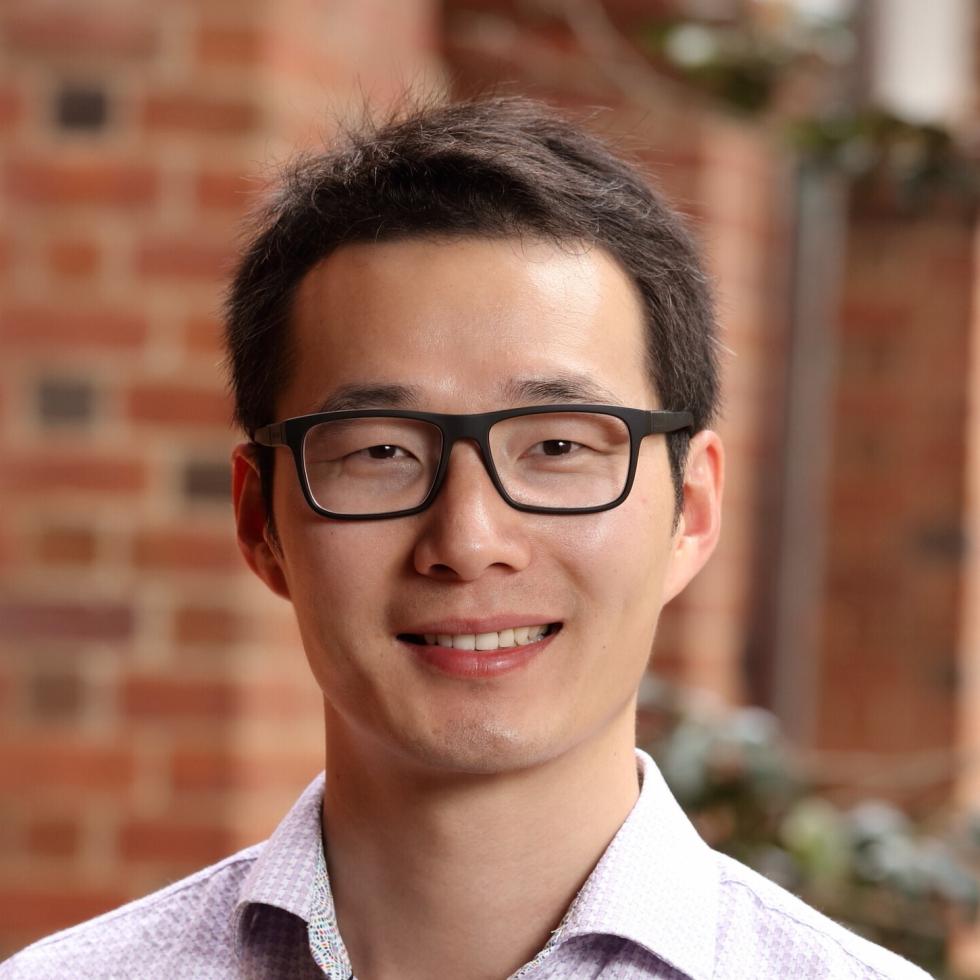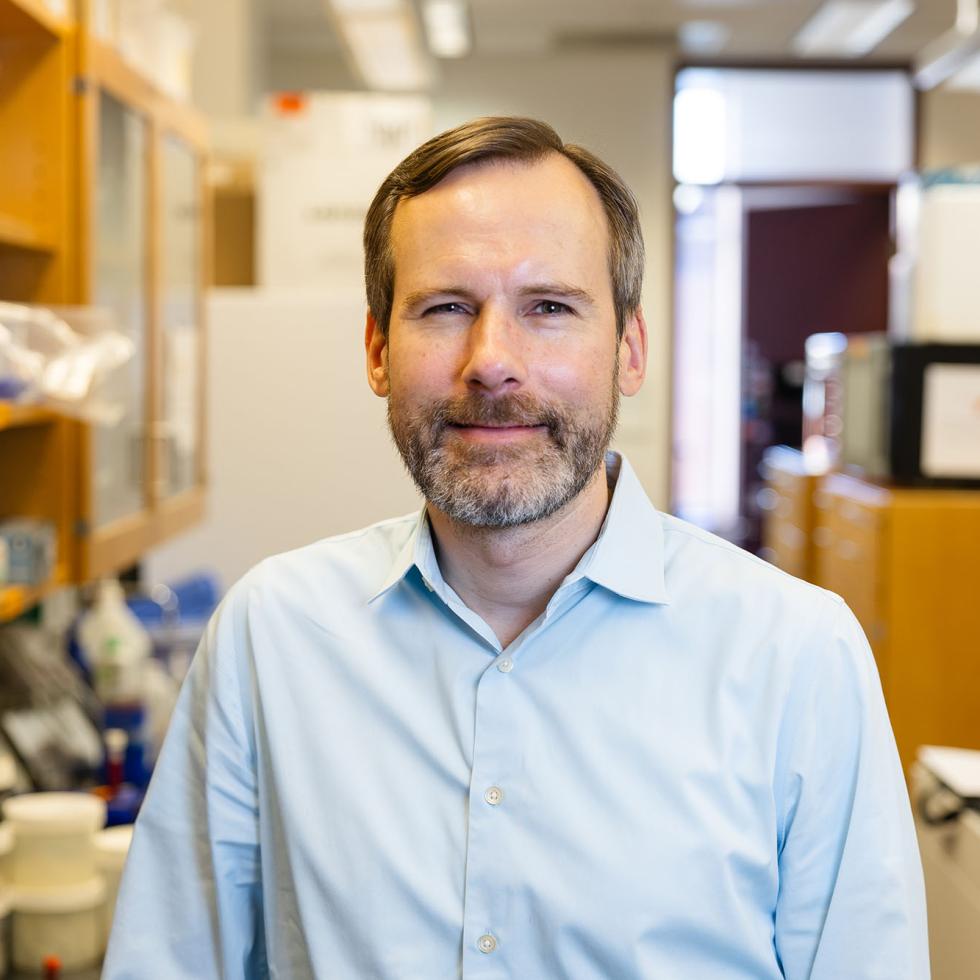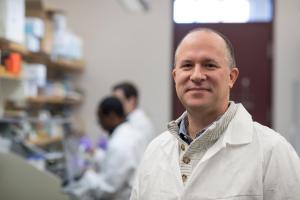
UVA Identifies Trigger for World’s Most Common Liver Disease
University of Virginia School of Medicine researchers have discovered a key trigger for non-alcoholic fatty liver disease, a condition causing fat to build up in the liver for no clear reason.
Liheng Cai

My lab’s research lies at the interface of soft (bio)materials and biology. We seek to understand and control the interactions between soft (bio)materials and living systems to solve challenges in sustainability and health. We do this using a combination of experimental and theoretical approaches.

Kimberly Kelly uses computational methods and bioinformatics to develop more effective and less toxic cancer drugs through the identification of disease-relevant druggable targets, with a special emphasis on translation to the clinic and commercialization.

Kevin Janes designs and uses systems bioengineering approaches to analyze cell signaling and transcriptional networks in cancer and infectious disease.

$3.1 Million Grant Backs Research for Ultrasound Brain Treatments
Researchers at the University of Virginia received $3.1 million to pioneer the use of focused soundwaves to improve treatment of a debilitating brain condition called cerebral cavernous malformations,
UVA Scientists Target Dangerous, Antibiotic-Resistant Bacteria
Researchers hope to find shared traits and weaknesses in bacteria that develop resistance to antibiotics and use those weaknesses against them. Antibiotic resistance is a growing problem around the world.

A New Tool to Prevent Harmful Medication Side Effects
From the "Making of Medicine" blog: Jason Papin, PhD, is one of the developers of a sophisticated new computer model that will help produce safer medications.

Coronary Artery Disease Discovery Offers Answers About Nation’s No. 1 Killer
UVA researchers say they have found a biological process that contributes to the disease and may be a target for life-saving therapies.

‘Healthy Obesity’? Storing Fat Around Waist May Not Always Increase Your Diabetes Risk
New research adds to the discussion about whether there’s such a thing as “healthy obesity” and for whom it applies. UVA scientists found clues in genetics.